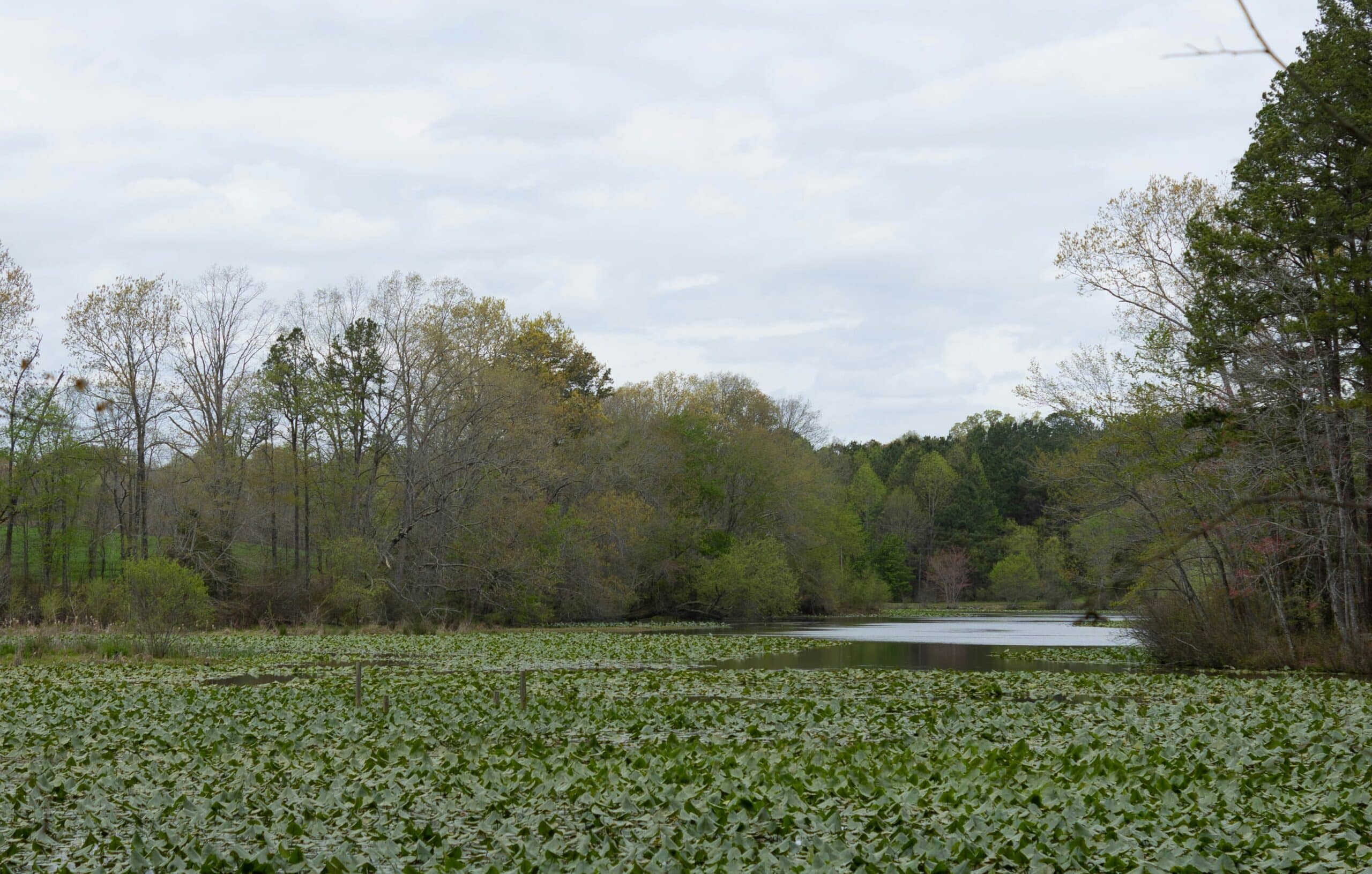Key Takeaways
- The North Carolina Department of Agriculture’s Research Stations Division awarded $1.5 million in grants for projects advancing agricultural innovation.
- Grants focus on developing new crops, improving farming techniques, and tackling emerging agricultural challenges.
- The New and Emerging Crops Program expanded its mission to include innovations to advance the agricultural economy.
- Funded projects include advancements in crop production, pest management, and agricultural technologies.
What is the purpose of the $1.5 million in grants?
The North Carolina Department of Agriculture allocated $1.5 million in grants to support projects that promote new crop production and innovative agricultural research. The funding, managed by the Research Stations Division, aligns with the New and Emerging Crops Program, which began in 2013 and expanded in 2018 to include value-added products and agricultural enterprises.
Agriculture Commissioner Steve Troxler expressed his support for the initiative, noting the impact of research stations:
“By investing in these research projects, we are investing in possibilities for this state that could pay dividends for our state’s farmers for many years to come.”
What projects are being funded under the New and Emerging Crops Program?
1. Carolina Peas – Double-Cropping Enablers
- Grant Amount: $51,511
- Recipient: N.C. State University Department of Horticultural Science
- Focus: Improve farm income by enabling a double-cropping system with winter-grown peas, driven by demand for livestock and pet food.
2. North Carolina Grown Chinese Medicinal Herb
- Grant Amount: $75,000
- Recipient: N.C. State University Department of Horticultural Science
- Focus: Expand herb production and refine post-harvest handling techniques to meet strong market demand.
3. Expanding Alternative Grains in North Carolina
- Grant Amount: $125,936
- Recipient: N.C. State University Department of Crops and Soil Sciences
- Focus: Evaluate seashore black rye and other alternative grains for food and beverage markets, develop certified seed production, and create education programs for farmers.
4. Carolina Super Teas
- Grant Amount: $118,303
- Recipient: N.C. State University Department of Horticultural Science
- Focus: Develop new crops, including cold-hardy tea varieties, for commercial production and landscaping applications.
5. Advancing Tea Production in North Carolina
- Grant Amount: $100,000
- Recipient: N.C. State University Department of Horticultural Science
- Focus: Study propagation, growth, and pest management techniques for sustainable tea production.
6. Hemp Grain and Seed Production
- Grant Amount: $100,000
- Recipient: N.C. State University Department of Crops and Soil Sciences
- Focus: Develop practices for local fiber hemp seed production to reduce costs for farmers.
What are the projects under Innovations to Advance the Agricultural Economy?
1. Automatic AI-Based Nematode Counting System
- Grant Amount: $119,459
- Recipient: N.C. State University Department of Electrical & Computer Engineering
- Focus: Automate nematode detection and integrate results into technician workflows for better crop management.
2. Cooling Mat Evaluation on Sow Performance
- Grant Amount: $147,415
- Recipient: N.C. State University Department of Biological & Agricultural Engineering
- Focus: Evaluate cooling mats to improve sow performance and litter outcomes in high-temperature conditions.
3. Evaluation of Novel Native Nursery Shrubs
- Grant Amount: $100,000
- Recipient: N.C. State University Department of Horticultural Science
- Focus: Develop native North Carolina shrubs with high ornamental value and sustainable production protocols.
4. Generating Populations of Feed-Efficient Cattle
- Grant Amount: $149,376
- Recipient: N.C. State University Department of Animal Science
- Focus: Use electronic monitoring to improve genetic parameters and sustainability in beef production.
5. Innovation to Manage Invasive Strawberry Disease
- Grant Amount: $150,000
- Recipient: N.C. State University Department of Horticultural Science
- Focus: Evaluate resistance to the invasive pathogen Neopestalotiopsis sp and breed resistant strawberry lines.
6. Using Sesame to Reduce Nematode Populations
- Grant Amount: $150,000
- Recipient: N.C. State University Department of Crops and Soil Sciences
- Focus: Study sesame’s impact on reducing nematode populations and develop sustainable crop rotation guidelines.
7. Validation of iPhone Hoof Phenotyping Platform
- Grant Amount: $93,000
- Recipient: OsRostrum, Inc.
- Focus: Validate mobile technology for accurate and repeatable hoof phenotyping to improve cattle health and profitability.
What is the expected impact of these grants?
The funded projects aim to diversify North Carolina’s agricultural economy, improve production practices, and address challenges such as invasive pests and climate resilience. Research outputs will equip farmers with innovative tools and techniques, fostering economic growth and sustainability.
By supporting these initiatives, the North Carolina Department of Agriculture reinforces its commitment to advancing agricultural research and creating new opportunities for farmers and agribusinesses across the state.



0 Comment